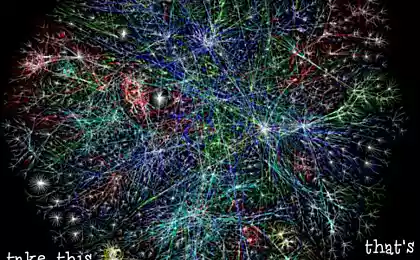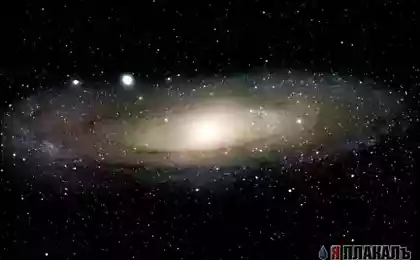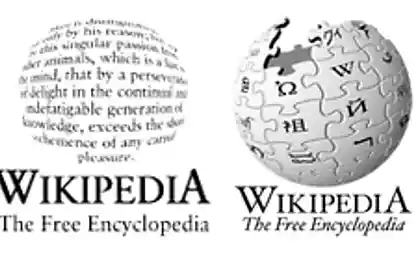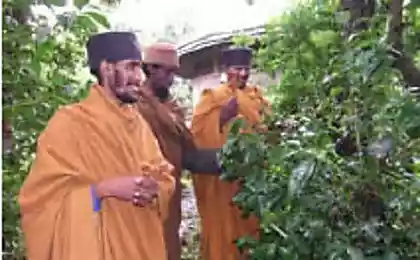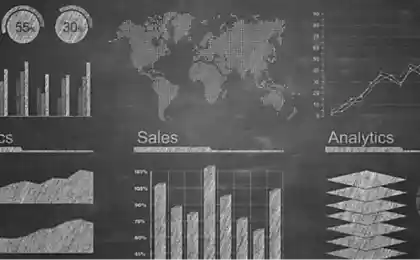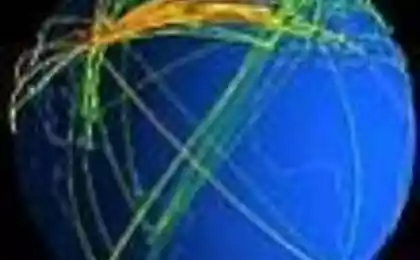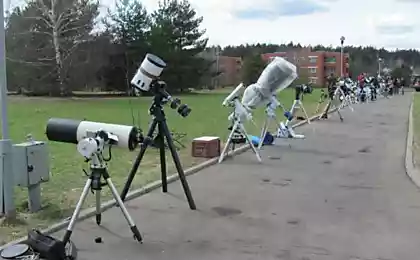781
Wikipedia is the most extensive place of gathering knowledge in the history of mankind
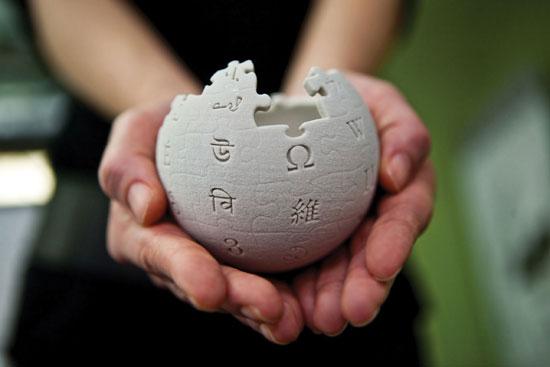
More than 18 million articles in 279 languages - with such a potential, Wikipedia (Wikipedia) is the place of gathering extensive knowledge in the history of mankind. During the first decade of its existence, the digital encyclopedia challenged the relationship between knowledge and the Internet. But whether it is ubiquitous sacred tree of knowledge, such as the Giza pyramids or the archaeological site of Troy?
One of the founders of Wikipedia, Jimmy Wales (Jimmy Wales) believe that it is so. The digital encyclopedia will apply for reckoning Web site to the list of UNESCO World Heritage Site. If the petition is accepted, Wikipedia is granted international protection and preservation as monuments created by man.
Fighting for recognition as a cultural treasure, Wikipedia states that the site meets the most important criteria of UNESCO - is a "masterpiece of human creative genius».
"What if everyone will have free access to the sum of all human knowledge? Over the past 10 years, this seemingly utopian idea led, no less, to what was created the largest collection of human knowledge. An independent, non-profit, with unlimited access. This achievement has made Wikipedia a pioneer of cultural change, as she translated the tradition of sharing knowledge in a new digital age, creating a unique place in the history of the exchange of knowledge civilization. " Describes a world encyclopedia of its creators on the page devoted to the 10th anniversary of Wikipedia.
According to some experts, the chance to get a site on the UNESCO list is not so great. Only some ten years - not an indicator for the conservative members of this organization. "They like to appeal to the past" - recognizes the heritage of one of the consultants of the Brandenburg University.
According to another consultant from UNESCO, Wikipedia will have to overcome skepticism to themselves, since this case is unprecedented.
The UNESCO has always encouraged technological advances as "important exchange of human values." Wikipedia, of course, is a kind of "space" to improve human intelligence, if it in any way is a space in general. The problem may be just this.
It can be argued that the inclusion of Wikipedia as a symbol of the era of epistemological and rightly, as the inclusion of Alexander the Great Library of Alexandria is the center of knowledge of the ancient world. But space in the UNESCO World Heritage Site, is usually reserved for the cultural heritage of the past and the stunning natural beauty of things. Can the huge servers Wikipedia qualify as a physical manifestation of digital content encyclopedia, or a site called intangible cultural heritage, which includes endangered traditions and practices, apart from the particular physical manifestation?
The main objectives of the UNESCO - reducing poverty, promoting sustainable development and the promotion of intercultural dialogue. As part of the UN mission determines the World Heritage sites of importance for cultural history of mankind. That is the designation of an object are not merely symbolic value, it pursues a pragmatic purpose. UNESCO is actively provides financial assistance in co-operation with Member States and non-governmental organizations, as envisaged in the 1972 UNESCO Convention for the Protection of World Cultural and Natural Heritage.
Worthy of whether knowledge of UNESCO's recognition of Wikipedia? Maybe. But does the Wikimedia Foundation needs resources of the United Nations? Probably not. Wikimedia Foundation, which supports Wikipedia and other wiki projects, has sufficient funds: only from November 2010 to January 2011 has raised more than $ 21 million, which will be used to develop new initiatives. UNESCO in this case it is better to focus its resources on cultural heritage, who face more pressing problems.
Source: www.infoniac.ru
via factroom.ru
Horse Napoleon draws pictures in the genre of "abstract expressionism"
American inventor came up with the coffin, which he buried in the ground
